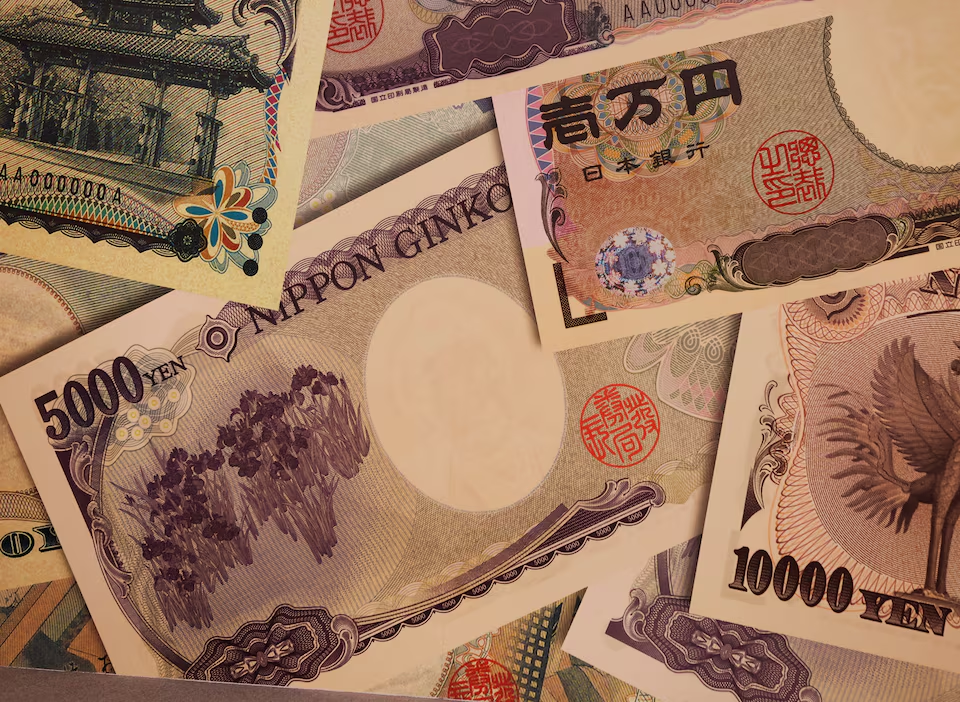Global stocks exhibited caution on Friday as the dollar reached multi-week highs, with markets anticipating U.S. business surveys to gauge whether the world’s largest economy can withstand high interest rates. MSCI’s broad index of global stocks remained flat, but was still on track for a 0.8% weekly rise and a monthly gain of over 2%. Europe’s Stoxx share index also opened flat, and futures suggested Wall Street’s S&P 500 would remain steady in early New York trading. Market sentiment was indecisive ahead of the release of S&P Global’s U.S. purchasing manager indices, which are considered real-time indicators of business confidence and economic activity.
Economists expect the indices to show expanding activity with readings above 50, though slightly lower than last month. A strong U.S. economy has pushed Wall Street stocks to record levels, preventing the Federal Reserve from reducing interest rates from their 23-year high of 5.25% to 5.5%. Markets are hopeful that the economy and inflation will slow just enough for the Fed to gradually ease financial conditions. However, risks remain, including the delayed effects of tight monetary policy potentially causing a significant slowdown, or further economic growth keeping rates high for longer. Andrew Pease, global head of investment strategy at Russell Investments, expressed concerns about higher market volatility in the coming months as the market fluctuates between expectations of a soft landing and fears that it may not occur.
The robust U.S. dollar on Friday pushed the Japanese yen towards a level that might prompt intervention. The yen fell to 158.77 per dollar, close to levels seen in late April when Japanese authorities intervened to stabilize the currency. Earlier data showed that Japan’s demand-led inflation slowed in May, complicating the outlook for the Bank of Japan’s potential interest rate hikes. BoJ deputy governor Shinichi Uchida indicated that the central bank would raise rates if the economy and prices aligned with forecasts, though signs of weakness remained.
The dollar also gained strength due to the diverging policies of the Fed and central banks in Europe. The Swiss National Bank cut rates for a second time on Thursday, and the Bank of England signaled potential easing in the coming months. Consequently, the British pound, Swiss franc, and euro weakened against the dollar.
In Asia, MSCI’s broadest index of Asia-Pacific shares outside Japan fell 0.6% on Friday, driven down by a decline in technology shares, mirroring Wall Street’s performance from the previous session. In debt markets, U.S. Treasuries faced a challenging week as doubts about Fed rate cuts reduced the appeal of fixed-income securities. The two-year Treasury yield rose 3 basis points to 4.7151% for the week, while the 10-year yield increased by 2 basis points to 4.2341%. Similarly, Germany’s ten-year bund yield rose 3 basis points to 2.382%. Conversely, UK government bonds outperformed, with the 10-year gilt yield dropping 4 basis points to 4.016%, reflecting hopes of BoE rate cuts and investor optimism due to predictions of a Labour Party victory in the upcoming UK election.
READ MORE:
